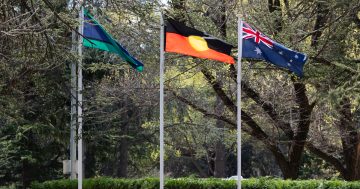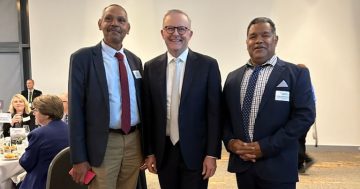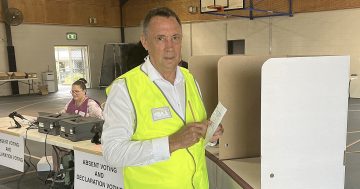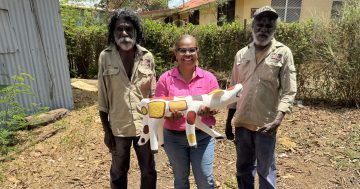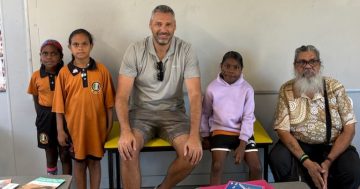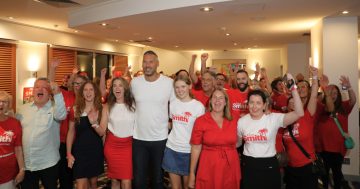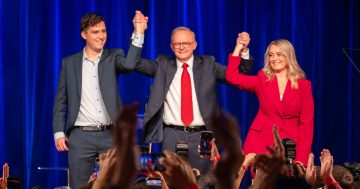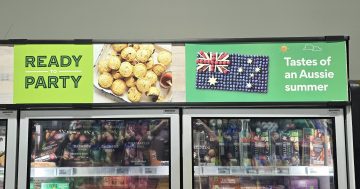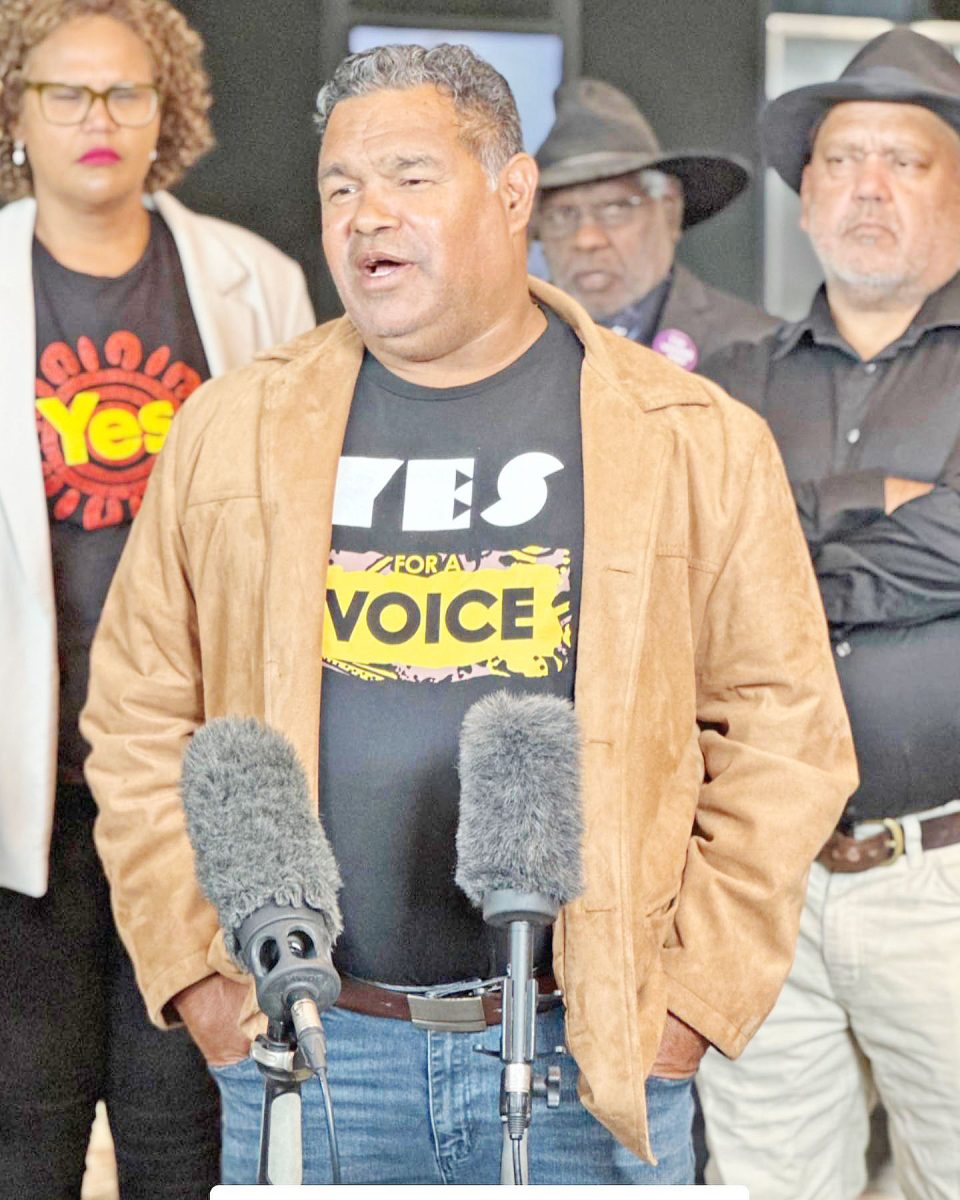
Lockhart River mayor Wayne Butcher is firmly in the Yes camp.
CAPE York leaders say they are concerned about the political nature of this Saturday’s referendum and what it has done to the nation.
Many have refused to go on the record about how they intend to vote, simply because of the vitriol they have seen others cop when declaring if they are in the Yes or No camp.
“Don’t assume that I’m voting No because I don’t want to say,” said one Cape York mayor.
“You can vote Yes up here and still get abused.”
Weipa Town Authority chair Michael Rowland was another who did not want to declare which way he was voting, but said he had been disappointed with the overall response from Australians.
“It’s become such a polarising topic of conversation,” he said.
“Australians used to be able to have a tough conversation and stay friends.”
Lockhart River mayor Wayne Butcher is firmly in the Yes camp, but he was also angry with how the referendum had become a political football.
“I just wish the politics could stay out of it,” he told Cape York Weekly.
“There is a lot of goodwill out there, especially from younger Australians.”
Cr Butcher said despite some polls showing that support for the Voice was declining, he was looking forward to Saturday.
“I’m optimistic,” he said.
“I think there is more confusion than division and a lot of that has been brought on by politicians driving the No vote.
“Some are saying that we have a Voice because of all the Aboriginal and Torres Strait mayors who are elected, but we are only elected to represent our small individual communities.
“I’ve been to Canberra plenty of times and we’re lining up with the rest of the people for that 15-minute talk with a Minister or their people.
“We haven’t influenced any major change in my time.”
Cr Butcher said Australians needed to understand that remote Indigenous people were suffering.
“I’m sick of burying young people in my community who have died from preventable diseases,” he said.
“It’s not just health where we struggle. We’re behind on education and economics in general.
“We’re land rich but we’re dirt poor and that does play a big role.
“How many rich black fellas are there in Cape York? Not many.”
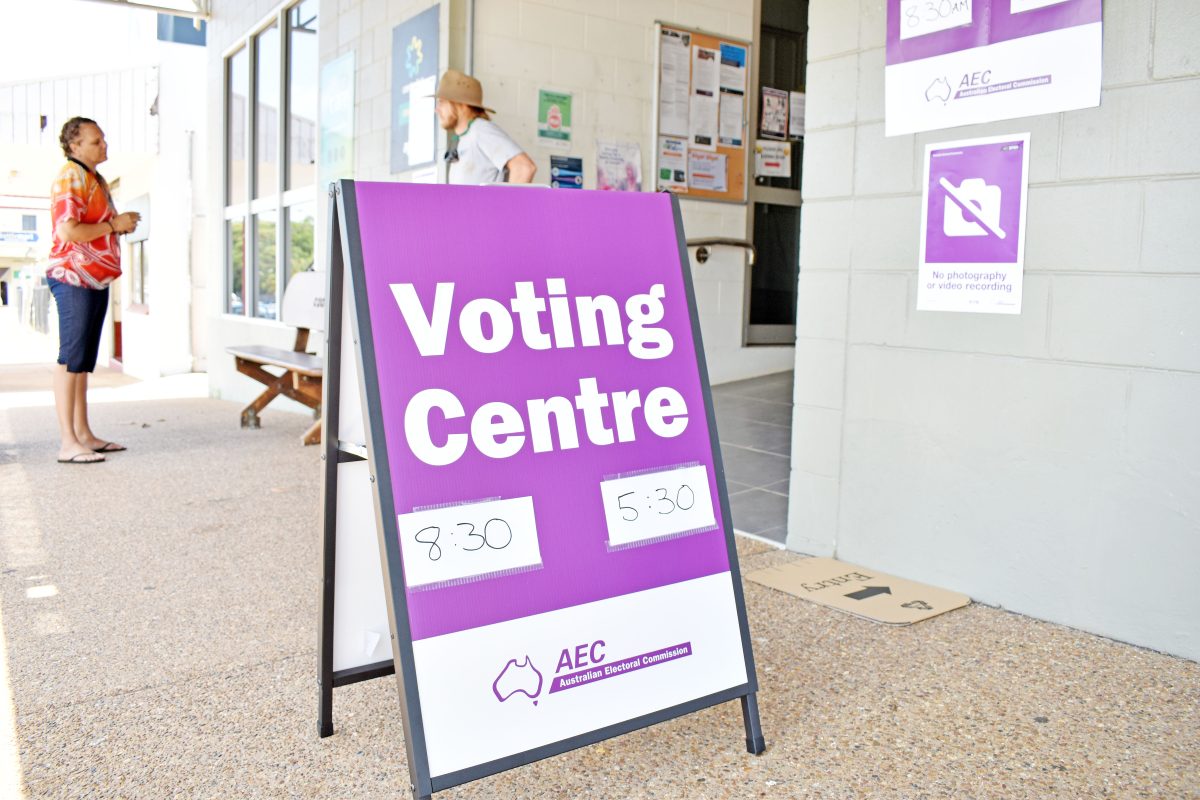
Foot traffic was slow at Cooktown’s pre-polling booth on Monday, but there will be queues all over the country on Saturday when the nation has its say in the referendum.
Cooktown resident Kaz Price agreed with Cr Butcher and said she would be voting Yes.
“I live in a mainstream town full of government services, many of which are delivering services into the surrounding Indigenous communities,” she said.
“These communities are battling severe inequity in health outcomes, poor educational outcomes for their children, few employment opportunities, and with a greater chance of their youth ending up in prison than at university.
“I have lived as a neighbour to Indigenous people since I was born in Mount Isa, too many years ago.
“But I have also witnessed, first hand, the affects of this inequality right across northern Australia in Queensland, the NT and WA, working in all three regions, and living and educating my children alongside Indigenous children in various remote schools.
“However, in those schools they were never taught the impact of colonisation, the tragedy of introduced European diseases that decimated populations, the marginalisation and dispossession of clan groups and nations, the ‘protective’ laws that resulted in the Stolen Generation and the inter-generational trauma that has ensued.
“Despite Aboriginal and Torres Strait Islander men serving in World War II, it was not until 1967 that we as a nation even counted Indigenous people in the Census.
“This was put to a referendum and nearly 91 per cent of Australians voted Yes, because it was the right thing to do.
“I feel that voting Yes in this referendum is our generation’s opportunity to do the right thing, and to give Indigenous Australians an inalienable (enshrined in the constitution) say in the policy outcomes for matters that relate to them; health, education, justice, economic development.”
Prime Minister Anthony Albanese, who cast his vote at a pre-polling booth on Saturday, implored Australians to have their say in shaping the nation’s history.
“I’ve just had the great of voting in my first referendum this century,” he said.
“That is a reminder that these opportunities do not come around every day. This is an opportunity to make history.
“A once-in-a-generation chance to recognise our first Australians in our nation’s founding document.
“And to do so, in the way in which we have been requested by Aboriginal and Torres Strait Islander people themselves.
“We live in a great country, Australia. We are a country that is a great multicultural success story, and there is nowhere where that’s more evident than right here in my home in Marrickville.
“But we can be that much stronger if we take the opportunity to recognise the first Australians in our nation’s founding document.
“And I ask this, if not now, when? And if not us, who?
“And that’s why so many young Australians have been inspired and are campaigning so strongly as well. But I ask of all Australians to read what you are voting for, because the words are very clear.”


